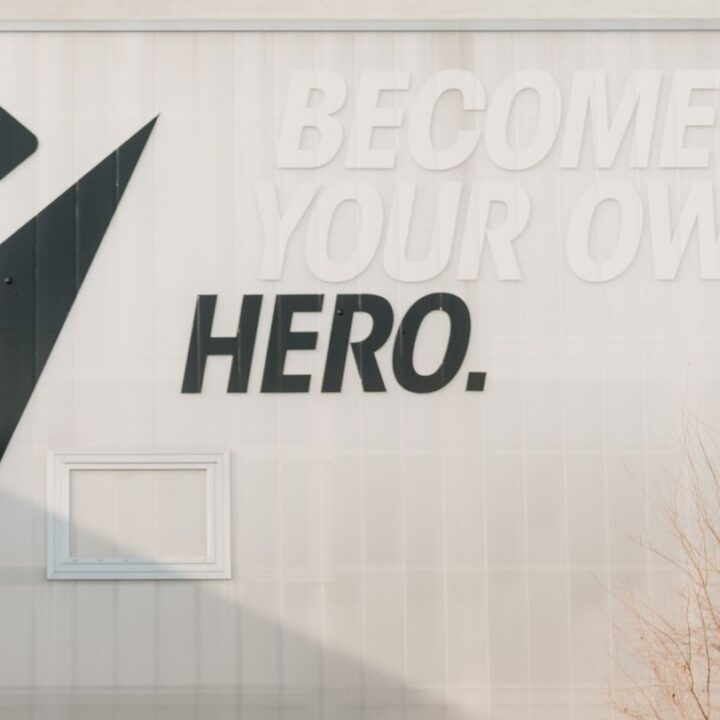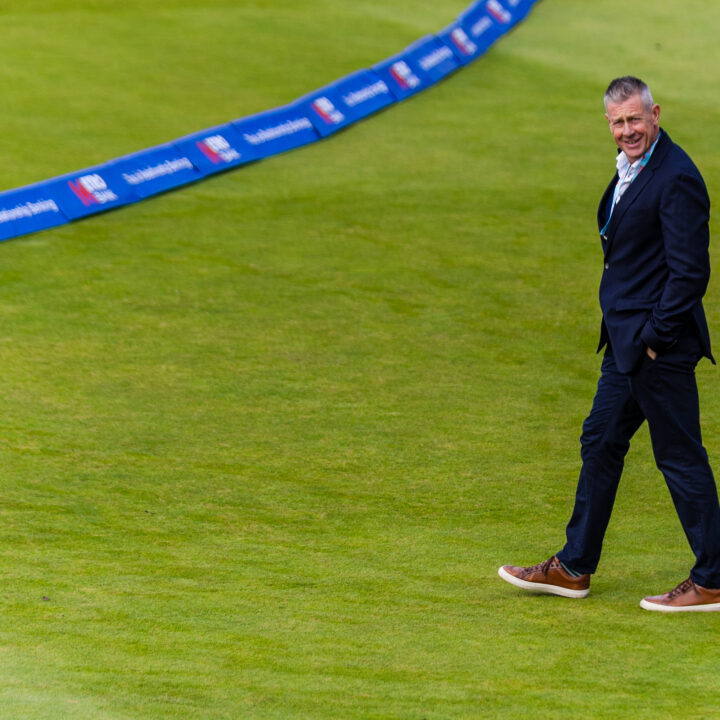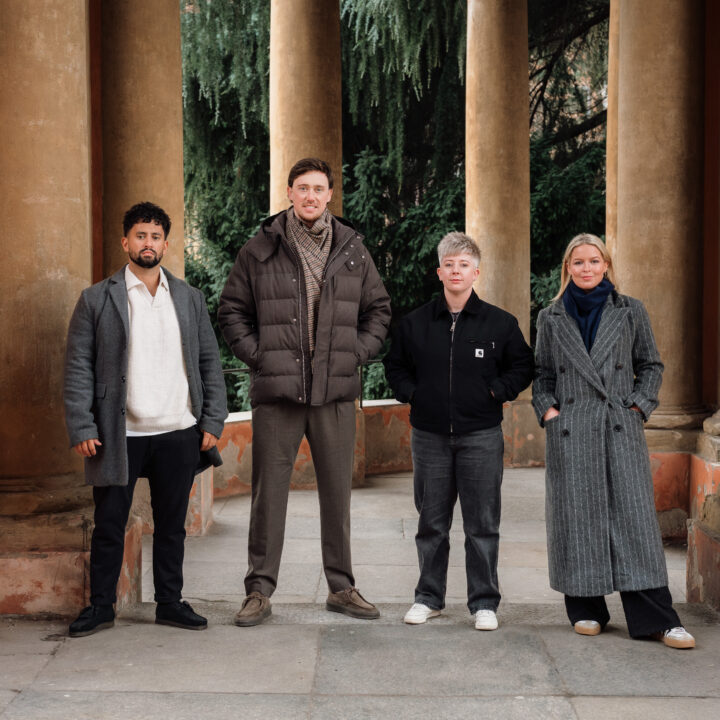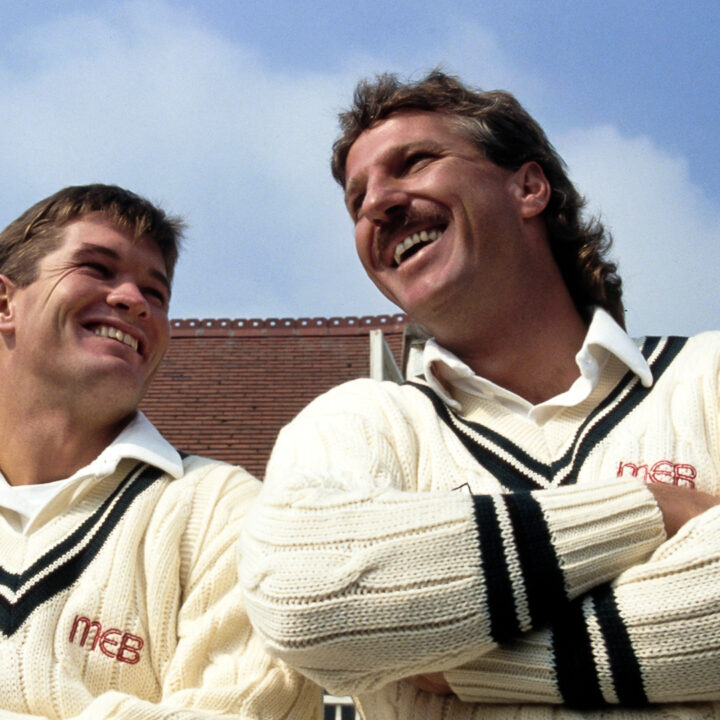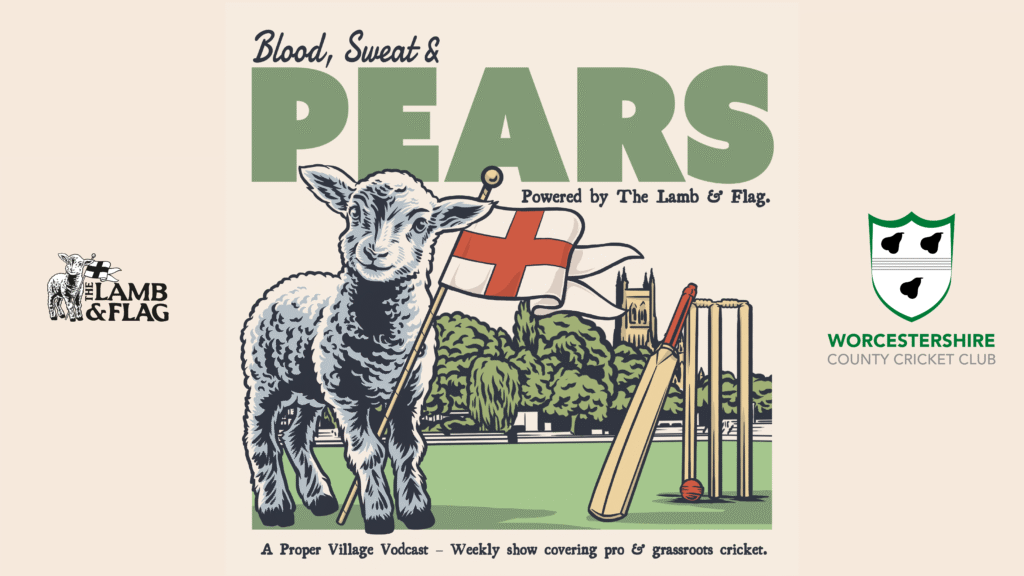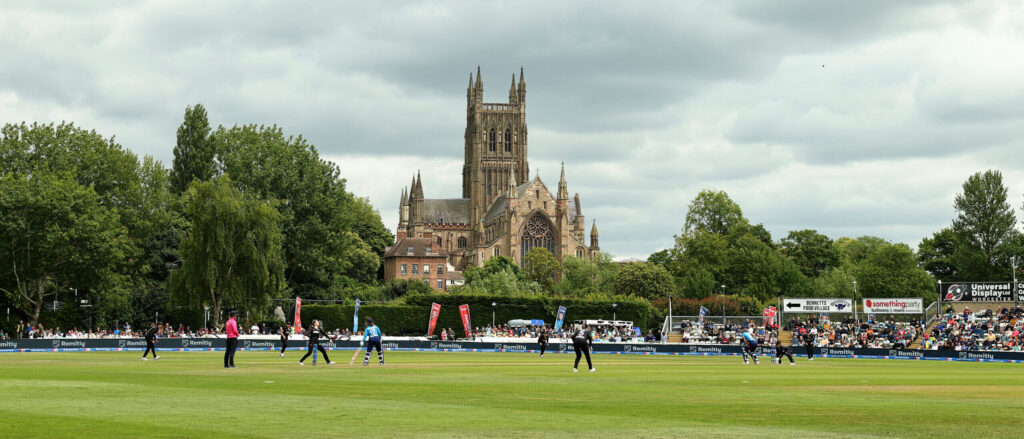
At 36 years old, Olivia Robinson is walking the length of the United Kingdom. Alone.
From the rugged cliffs of Land’s End to the windswept shores of John O’Groats, she is traversing nearly 1,000 miles with little more than a backpack, a tent, and a quiet determination forged in fire. Each step is a meditation. Each mile, a memory.
But this is not just a feat of endurance, it’s a love letter to cricket, a salute to survival, and an ode to the country she once feared she might never return to.
“I wanted to celebrate the sport that saved me,” she says. “And I wanted to celebrate the fact that I’m still here.”
For Olivia, this walk is no stunt. It’s a pilgrimage, a deeply personal act of reclamation.
“I spent over a decade living with anorexia. I attempted to take my life more than once. And cricket… cricket was the reason I fought to get better.”
The walk is also a symbolic homecoming. After years living in Perth, Australia, and locked out of the UK for three years during COVID, Olivia’s longing to reconnect with her homeland collided with a love of challenge. “So I thought: why not walk it? Why not stitch together my story through the places and clubs that shaped me?”
Each club she visits, over 55 are planned, represents a stitch in that tapestry.
Carrying a heavy pack filled with food, clothes, water, and camping gear, Olivia walks eight hours a day on average. Her shoulders ache. Her feet swell. At times, her body falters. But emotionally, she is stronger than she’s ever been.
“There are moments when I cry. Especially walking through Worcestershire, where my battle began. But it’s not sadness. It’s… it’s witnessing my own transformation.”
She describes how, after walking the route from Apperley to Hanley Castle, where she first picked up a bat at age 11, she broke down in tears. “I cried for the girl I used to be. But also, I felt proud of the woman I’ve become.”
The land holds memories. The body holds scars. But this walk is about letting go of shame, and walking, literally, into self-compassion.
Not all challenges have been emotional. She’s been chased by cows. Lost in bramble forests. Fallen ten feet through undergrowth.
“But I’ve been shown extraordinary kindness by strangers,” she says. “People offering me food. Socks. Shelter. Massages. Smiles.”
Each night, Olivia sleeps at a cricket club, on floors, in pavilions, beneath rafters that once echoed with league celebrations. “Every club has helped me. Every one. That generosity, of space, of spirit, is what keeps me going.”
One recent moment still moves her: arriving at Hanley Castle, she was surprised by former teammates and her father, who she hadn’t seen in over a year. “They clapped me in. It felt like being welcomed home… not just geographically, but emotionally.”
Olivia’s story is rooted in sport. And not just cricket.
She’s competed at county and state level in tennis, lacrosse, rugby, and more. “Sport taught me structure. Teamwork. Belonging. And when I had nothing else, it gave me a reason to stay alive.”
When she was hospitalised for her eating disorder in Staffordshire, doctors would only let her outside if she ate her meals. “Fifteen minutes of walking outdoors became the prize. Nature was my freedom. Sport was my anchor.”
Sport, she says, is the most powerful tool we have for mental health, not just at the elite level, but for everyone. “You don’t have to be good. You just have to turn up. That act alone can change your life.”
Cricket, in particular, is sacred to Olivia. It was her first love. Her safety net. Her silent therapist.
She recalls being the first girl to play cricket at Royal Grammar School Worcester, and how watching male athletes eat freely helped challenge her own destructive patterns. “I remember seeing one guy eat a whole sticky loaf of bread. I’d cried over a single slice. That moment rewired something in me.”
Cricket also gave her a model for love and identity. “At Pershore, there was a gay couple, just quietly, positively themselves. I didn’t know it at the time, but seeing that made me feel safe. It told me: you can be queer and happy and accepted.”
Her mother, years later, told her she believes Olivia’s recovery began the moment she came out.
Back in Perth, Olivia is a muralist and art therapist. Her creative side infuses everything, including this walk.
At each club, she leaves behind a hidden signature: a smiley-faced cricket ball and bat, drawn discreetly in every pavilion. “It’s my visual trail. Like Banksy meets village cricket.”
She plans to create a publication from the journey, part memoir, part art journal, part mental health toolkit. “It’s not just about me. It’s about cricket, community, kindness. I want it to live on.”
She also dreams of broadcasting. “I’ve done presenting before. I’d love to do it for cricket. Mel Jones is my hero.”
Olivia speaks with the clarity of someone who has stared into the void, and decided to live anyway.
“To anyone struggling with their mental health: just try. Volunteer. Play a sport. Make art. Talk to someone. You don’t have to be ‘better’ to start.”
She describes how even fleeting moments of distraction, from watching a cricket ball, to walking outdoors, were her lifelines. “If I had ten minutes without wanting to die, that was progress.”
She credits volunteering, especially, as a turning point. “When you help someone else, you stop obsessing over your pain. You feel useful. Seen. That’s a powerful medicine.”
Being part of a team, Olivia says, taught her everything: humility, respect, inclusion. “Teams don’t care if you’re gay, introverted, or broken. They care that you show up. That you try.”
Her voice cracks slightly as she explains: “I used to think I had to fit in. Now I know I just need to belong.”
It’s a subtle but profound shift, and it’s what she wants every girl, every outsider, every struggler to understand.
So what will success look like when she arrives at John O’Groats?
“It’s not about finishing. It’s about how I make people feel along the way,” she says. “I hope they think, ‘she was kind.’ That’s enough.”
She smiles. “And I want to prove to myself that all the fierce determination I used to use to harm myself, I now use to create. To heal. To help.”
Olivia Robinson is still walking. She’ll pass through more counties, more clubs, more lives.
If you meet her, on a footpath, at a pavilion, in a moment you didn’t know you needed, know this: you’re not alone.
Because sometimes, all it takes to save a life is a ball, a bat, and a team that makes you feel like you belong.









